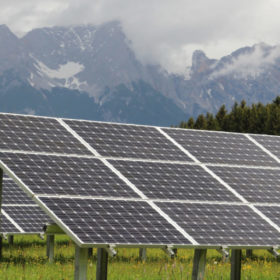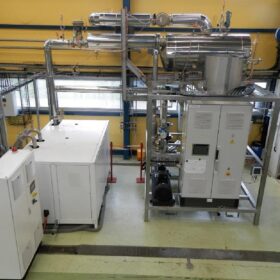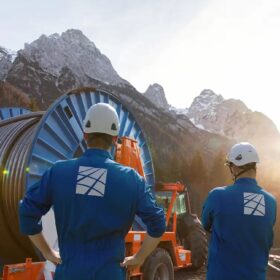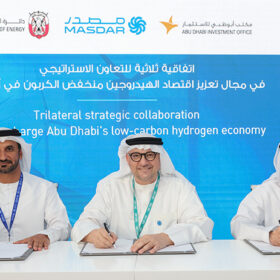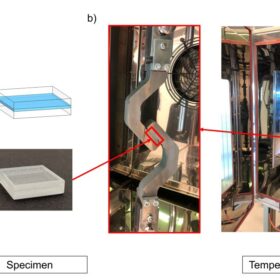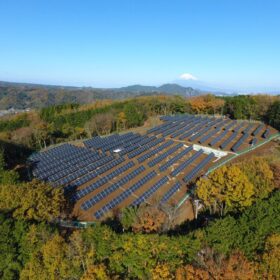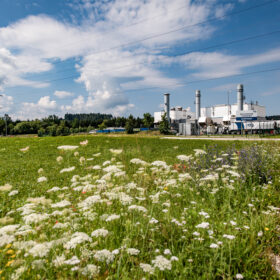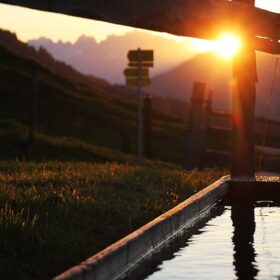More than 2 GW of PV installed in Austria in 2023, predicts analyst
Austrian PV Technology Platform Vice Chair Hubert Fechner tells pv magazine that he is confident that more than 2 GW of solar capacity was installed in Austria last year – and the figure could be as high as 2.5 GW.
Renewables-powered high temperature heat pumps are cheapest option for industrial steam
New research from Austria has compared different industrial heat-generating techniques and has found that wind or solar-powered heat pumps are the cheapest and most environment-friendly solution.
Italy-Austria interconnector starts operating
A 28-kilometer underground power cable owned by Italian grid operator Terna started work on Friday, the company announced. The interconnector connects substations in Glorenza northern Italy and Nauders eastern Austria.
The Hydrogen Stream: Masdar signs more hydrogen deals at COP28
Masdar unveiled a 10 GW Africa Growth Plan for renewable investments in six Sub-Saharan Nations at COP28 in Dubai this week, in addition to signing four additional hydrogen deals.
Energetica Industries files for insolvency
Energetica Industries, an Austrian PV manufacturer, can no longer meet its payment obligations. A total of 120 creditors and 94 employees are affected by the insolvency proceedings.
New research identifies advantages of POE encapsulants in dual-glass solar modules
To understand better the long-term effects of humidity on durability of glass-glass modules, Austrian researchers carried out lengthy damp-heat tests on double glass modules made with EVA and POE encapsulants. They identified several POE advantages, such as improved interfacial strength and less water uptake, among others.
Limited success for large-scale PV auctions in Austria
The Austrian authorities have only used 35% of their 2023 budget for large-scale solar auctions thus far.
The Hydrogen Stream: Rising demand driving blue hydrogen plans
Air Products has announced plans for Europe’s largest blue hydrogen production plant, while RAG Austria says it has commissioned “the world’s first 100% hydrogen storage facility in a porous underground reservoir.”
Austria allocated incentives for 2 GW of solar, 646 MWh of storage this year
OeMAG, an Austrian government-run agency, has allocated incentives for solar and storage across 121,000 contracts this year. Their number was significantly lower in 2022.
New research suggests renewables may not necessarily foster democracy, peace
Researchers in Germany have found that there is “no evidence” to support the notion that renewable energy generation fosters peace through prosperity. The trio of academics came to this conclusion after empirically testing the assumption that distributed renewable energies may reduce international conflicts and promote democratic values.
